
My Lovesick Life as a ’90s Otaku volume 4 concludes the series by Nico Nicholson, leaving me wanting more. Events are told to us rapidly, explaining how Megumi got from high school to the forty something single mother she is now, and how she looks back at her fandom and her choices.
By this point, we know that Megumi’s crush has to take care of his six brothers and sisters because their single mother frequently escapes into her fandoms and cosplay. Megumi skips out on his sister’s birthday party, making a choice to “let go” and move on. That’s the only way she sees to get rid of the conflict between being an otaku and dreaming of romance.
Her fan school friend says something significant, “sometimes… only stories can save us,” but it’s not enough. Megumi gives up on her otakudom. She’s stopped mailing her penpal, the boy with a crush on her, and she sells off her manga.
Flashbacks show us briefly her marriage, and why it broke up. Then, wonder of wonders, her unashamedly otaku daughter meets a boy at the playground… who turns out to look like Megumi’s long-ago crush. That’s because he’s his son.
Megumi has a chance to help Masamune, who isn’t handling things well. A friend spells out that Megumi has to fix her own self-consciousness and poor attitude first, in order to truly be herself.
Finally, there’s a shared understanding and various reunions. Most are created through a rushed series of coincidences, but the underlying message that things can be better for the next generation is sweet. I also liked the statements that people can really benefit from help from other people, that it’s ok to accept that assistance. It’s better not to be alone, to have friends who take care of us in spite of our weirdnesses. And the things we love can also inspire us to create.
I’d have liked to have seen more with these two families, parents and teens. Megumi’s life seems to suggest that one does have to give up fan activities when one becomes a parent, since the only adult otaku we spend substantial time with in the majority of the story can be perceived as a near-villain. I’d be curious to know if her perception changed. As for what we got, though, I enjoyed it, and it’s fun to be reminded of how much attitudes have changed and keep changing.


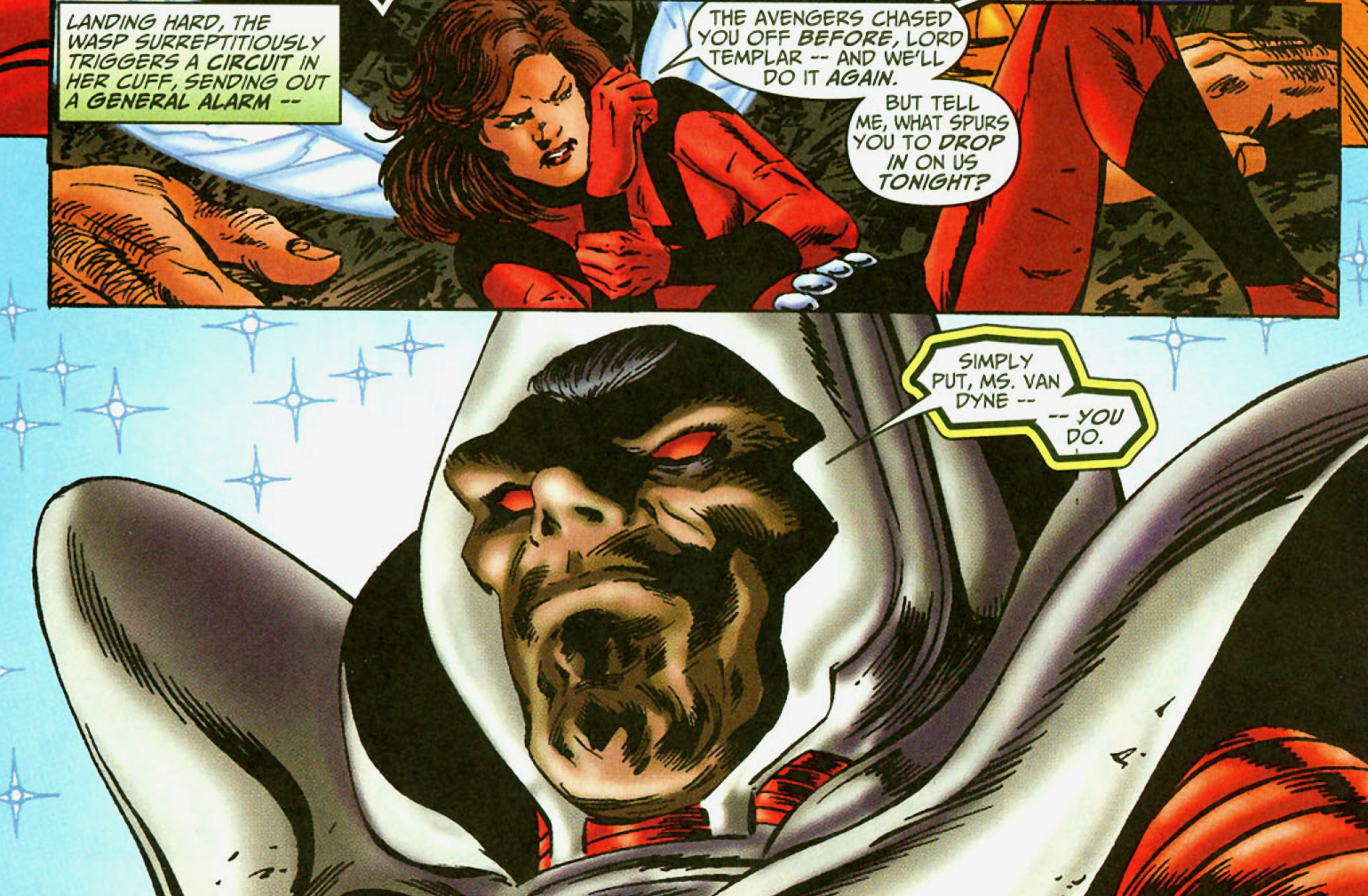




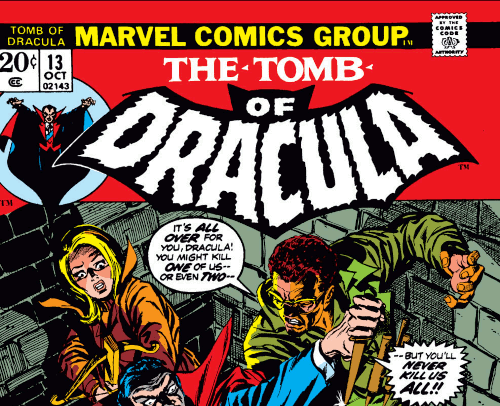
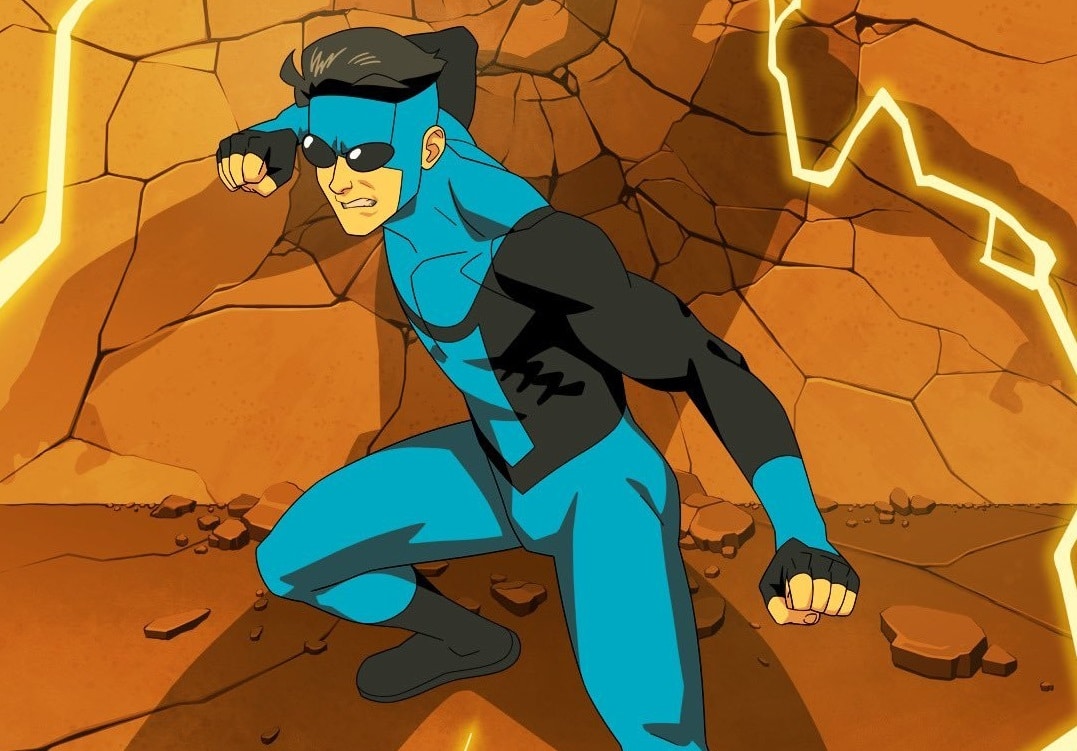


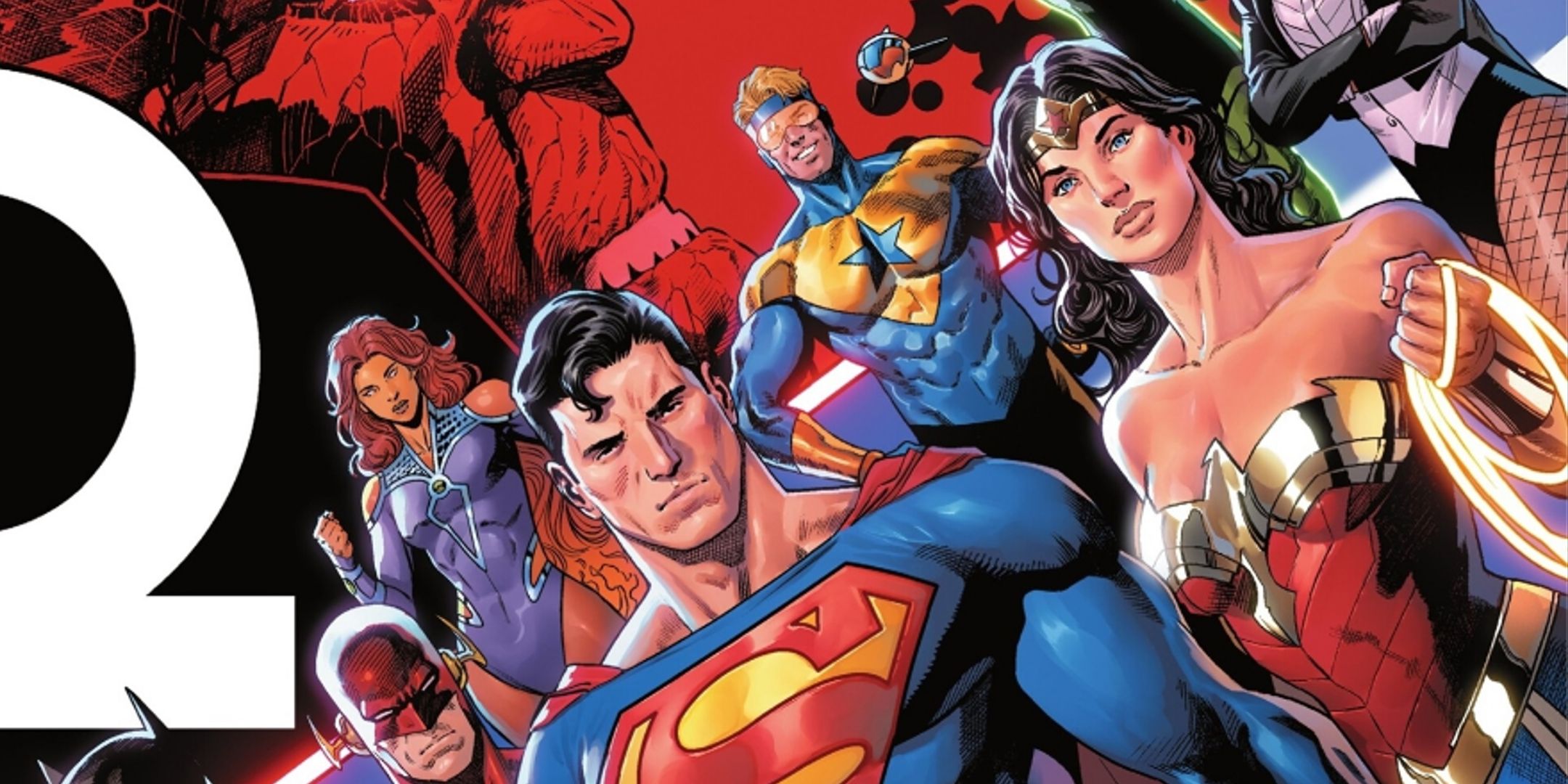
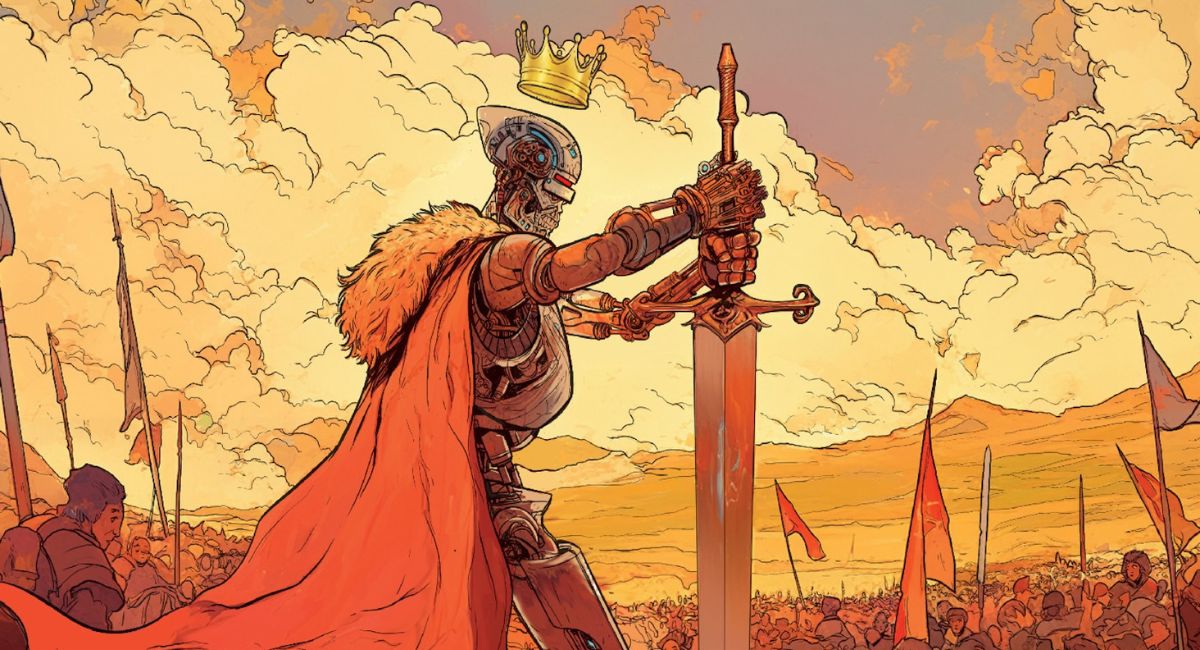


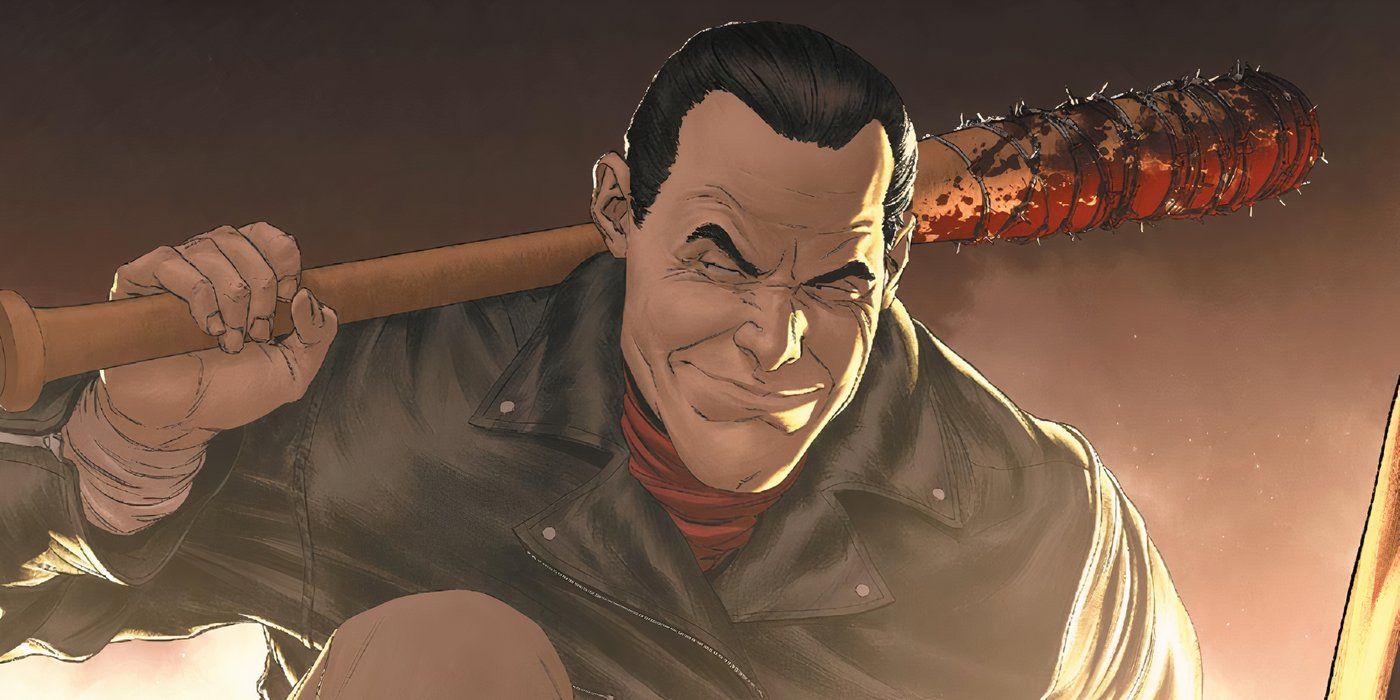




 English (US) ·
English (US) ·